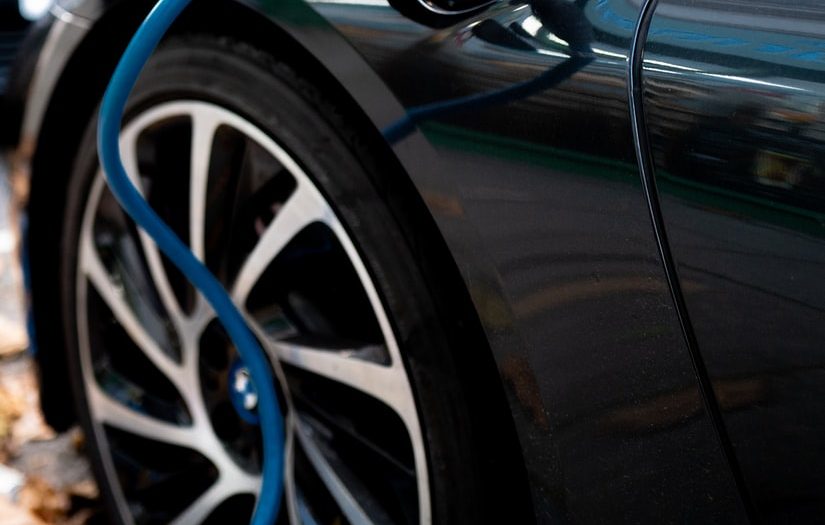YOU CAN TELL AN ELECTION is imminent when politicians start making big promises (and kissing babies, but that’s another subject altogether!)
About two years ago, the Coalition ridiculed Labor’s intention to introduce a policy to encourage the uptake of EVs to 50 percent by 2030, calling it “a war on the weekend”. “I’ll tell you what,” Mr Morrison said, deriding EVs, “it’s not going to tow your trailer, it’s not going to tow your boat. Are you going to run the extension cord down from your fourth-floor window? What about all these charging stations? How much is that going to cost?”
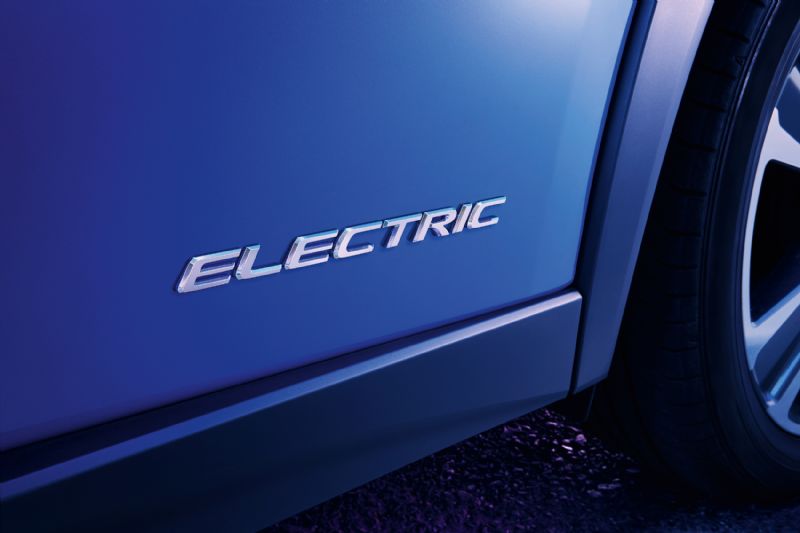
Now, Scott Morrison has done an apparent backflip, announcing a new policy to “partner with the private sector” to fund 50,000 charging stations in Australian homes.
Called the “Future Fuels” strategy, it doesn’t include subsidies, tax incentives, sales targets or minimum fuel emissions standards that would make electric vehicles more affordable.
Mr Morrison says it will accelerate the rollout of charging and hydrogen refuelling stations, expected to support 1.7 million EVs by 2030. It will involve 50,000 homes, 1000 public car parks and 400 businesses, claims the PM.
Industry groups are less than enthusiastic.
The Prime Minister insists that “reducing the total cost of ownership through subsidies would not represent value for the taxpayer, particularly as industry is rapidly working through technological developments to make battery electric vehicles cheaper.”
The government suggests this plan will help ensure companies do not concentrate charging stations in inner-city areas which may dissuade residents in suburban or rural areas from purchasing an EV.
It also claims that the expanded Future Fuels Fund (isn’t it amazing how money magically appears when an election is in the offing?), now up to $250 million, will create 2600 jobs over three years, although it doesn’t detail how or where those jobs will be created.
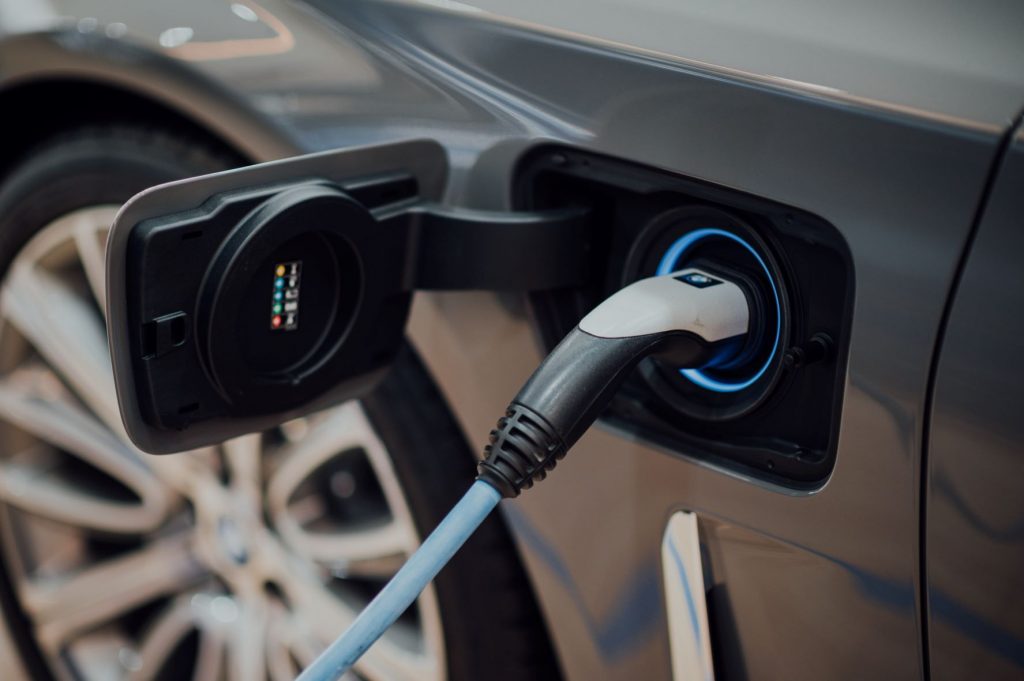
What is being done overseas?
More than 80 percent of the global car market, including Europe and the USA, have mandated that new cars meet minimum emissions standards.
The new strategy makes it clear that Australia does not plan to adopt similar standards which would require stricter restrictions on pollutants in petrol and require new cars to emit far less particulate matter.
Many countries, including the US, China, Korea, Denmark, the Netherlands, Portugal, Austria and Spain have already implemented 50 percent sales targets, to be reached by 2030.
Labor’s policy before the last election would have reduced the cost of a $50,000 EV by $2000. Contrast that with France which offers a discount of $18,000 if the buyer is trading a petrol or diesel car.
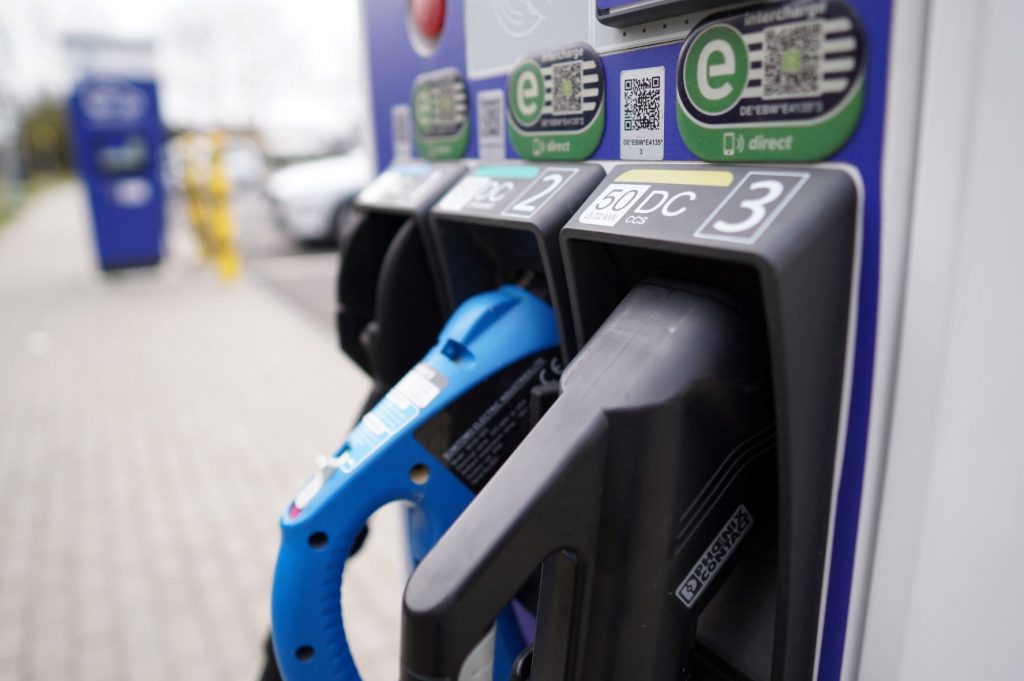
Industry response lukewarm
The CEO of the Electric Vehicle Council, Behyad Jafara, said the new strategy ignores the most important measures to improve EV uptake, including subsidies, tax incentives and sales targets.
Car manufacturers were also hoping for incentives and stricter emissions regulations for petrol cars, making electric vehicles more competitive against petrol and diesel vehicles. It would also have the benefit of making Australia a more appealing market to manufacturers.
Volkswagen’s Michael Bartsch has already stated his frustration, pointing out that VW’s head office refuses to supply electric cars to the Australian market.
“Australia has some of the most lax environmental standards in the world,” he said. “We’ll put those cars where we get the biggest commercial advantage and the biggest commercial advantage at the moment, when you overlay the fines for not achieving the CO2 targets, is Europe.”
Mr Bartsch is, of course, correct. Companies are in the business of making profit, and they will prioritise those markets where they can make the greatest profit.
Mr Jafari endorses the need for better fuel efficiency standards. “If it contained fuel efficiency standards and rebates, it would give Australians more choice,” he said. “The best and most affordable EVs manufacturing would make their way swiftly onto our market.”
This clearly isn’t happening at the moment.
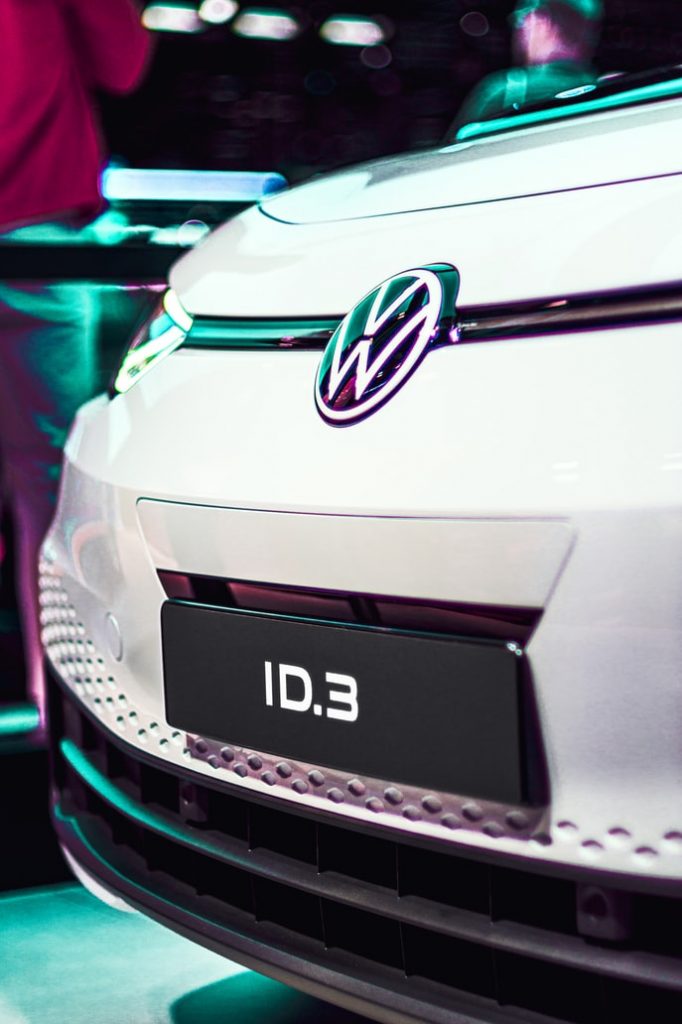
A new Labor policy
Labor’s policy has also changed.
Prior to the 2019 election, Labor declared a goal of 50 percent EV sales by 2030.
That has now changed to a promise to slash import tariffs and fringe benefits tax for electric cars.
VW’s Michael Bartsch, who has previously called Australia a “third world” for its electric vehicle policy, is more optimistic about Labor’s policy.
In an interview on ABC, he said, “This policy of the Labor government of eliminating that five percent duty differential is a really positive step towards helping bring cars form Europe into Australia in a market at a competitive price.”
Mr Bartsch suggested that if VW was able to bring its ID.3 and ID.4 to Australia, they would sell from just under $50,000 (the cheapest EV currently in Australia is the MG ZS EV which sells for just under $45,000).
So how bad is Australia’s fuel?
Australia ranks 84th in the world in terms of fuel quality.
This makes it easy for car makers to offload 20-year-old technology on Australian buyers, increasing margins and having a major effect on the premium buyers have to pay for EVs.
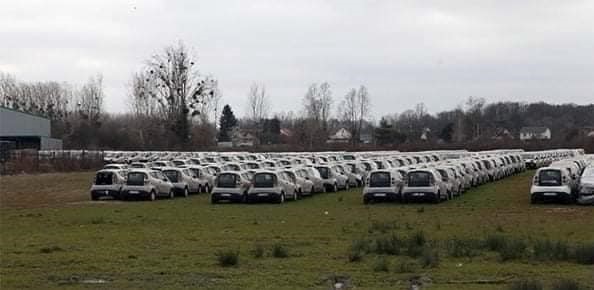
The push towards electric vehicles is growing more powerful and more urgent. As governments come on board, it can only get stronger. seniordriveraus isn’t sure the long-term ramifications have been properly addressed and, as usual, consistency (differing rules and regulations) and compatibility (remember VHS vs Beta?) seem to be a long way from top of mind. Before committing to an EV, do your homework, and ensure that the vehicle you buy is right for you, and right for your needs and usage patterns.
